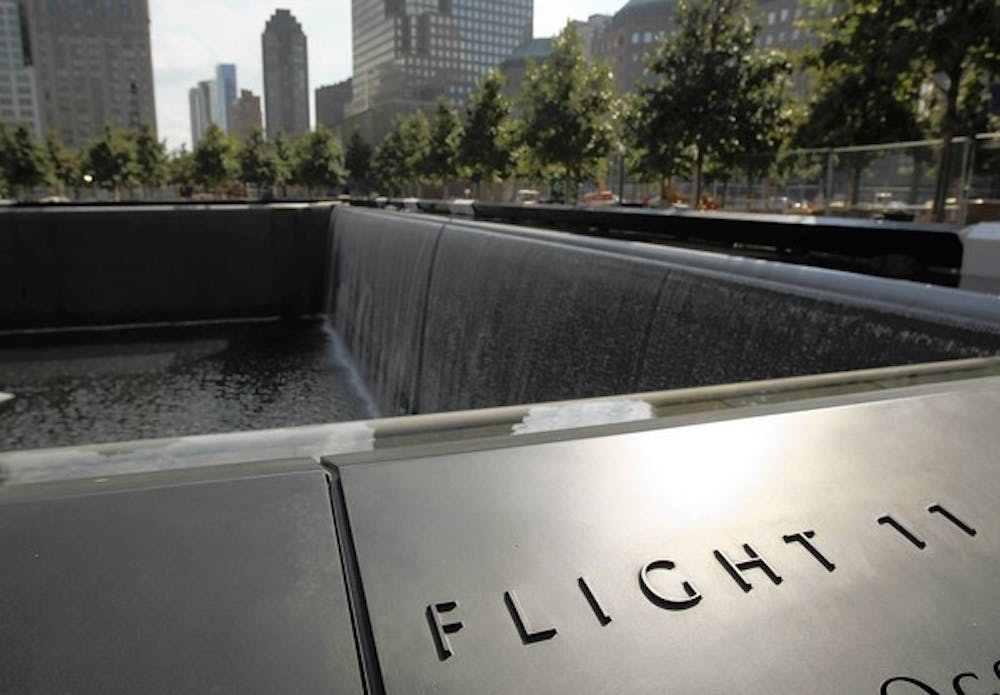On Sept. 11, 2001, members of the terrorist group al-Qaida conducted four attacks resulting in the death of almost 3,000 people and the injury of over 6,000 others. The militant group hijacked four passenger airplanes. Two of the planes crashed into the North and South Towers of the World Trade Center in New York City. A third plane crashed into The Pentagon, the headquarters of the Department of Defense in Arlington, Virginia and a fourth – headed toward Washington, D.C., – was crashed into a field in Pennsylvania.
Q: What is your relationship with 9/11?
In one sense, a personal one. I was living in one of the cities that was attacked on the morning of Sept. 11. I was teaching in St. Alban School in Washington, D.C., and so my main memory of that day is my shock.
It was all around us. And then walking out, St. Alban sat at the highest point in DC. So, we could actually look over the city and over into Northern Virginia and I have a very clear memory of standing out there with some students looking out over Virginia. And you can see the smoke from the Pentagon.
Q: As a professor, what is it like to teach a course about 9/11 to students who don’t remember it?
I have such a visceral real memory of it, they, they don’t. But they just finished an assignment for me where they interviewed their parents or other family members about their memories. And I think my guess is they’ve gotten in touch with some of the emotions of that day. But I think that in many ways, this is not a history class, and one of the things I emphasize with these students as even though 9/11 happened, before they were born, or when they were just infants. The fact of the matter is, the reality is, is that 9/11 is in many respects a day that has not yet finished.
This summer alone, over 16 people in New York died, first responders who were at the site at the World Trade Center, had contracted lung disease or cancer from all the pulverized materials that they breathed in trying to clean up the place.
So, in that sense 9/11, continues to claim victims. Then comes the fact that right now, if you pick up any newspaper today, you will see terms like Afghanistan, the Taliban, peace agreements, we are still 18 years later, in Afghanistan, where the 9/11 plot originated ... It’s an ongoing new story.
Q: Why should we remember 9/11?
Remembering the human tragedy, the global tragedy, you know, over 100 nationalities are represented among the fatalities of Sept.11. So, in that sense, that relates very much to our mission here in Elon University of being a globally engaged university. That’s one, I think, two is what I’ve referenced before, and that is getting some perspective on our world.
Today, we’re not out of these waters. And in some respects, I believe, in my opinion, in some respects, we’re in a much more dangerous world now, because of extremism and radicalism of all kinds. And we’re at a point in global history where that kind of mindset and worldview, I think, increasingly is getting traction.
So, in that sense, it alarms me to think that the 9/11 plot represented, in some ways, the future, not just a one off. And so, I and I say that not wishing or predicting any kind of another 9/11 but I think I do say it in terms of raising our cognizance of that, and knowing why it happened, and what’s happening now.


